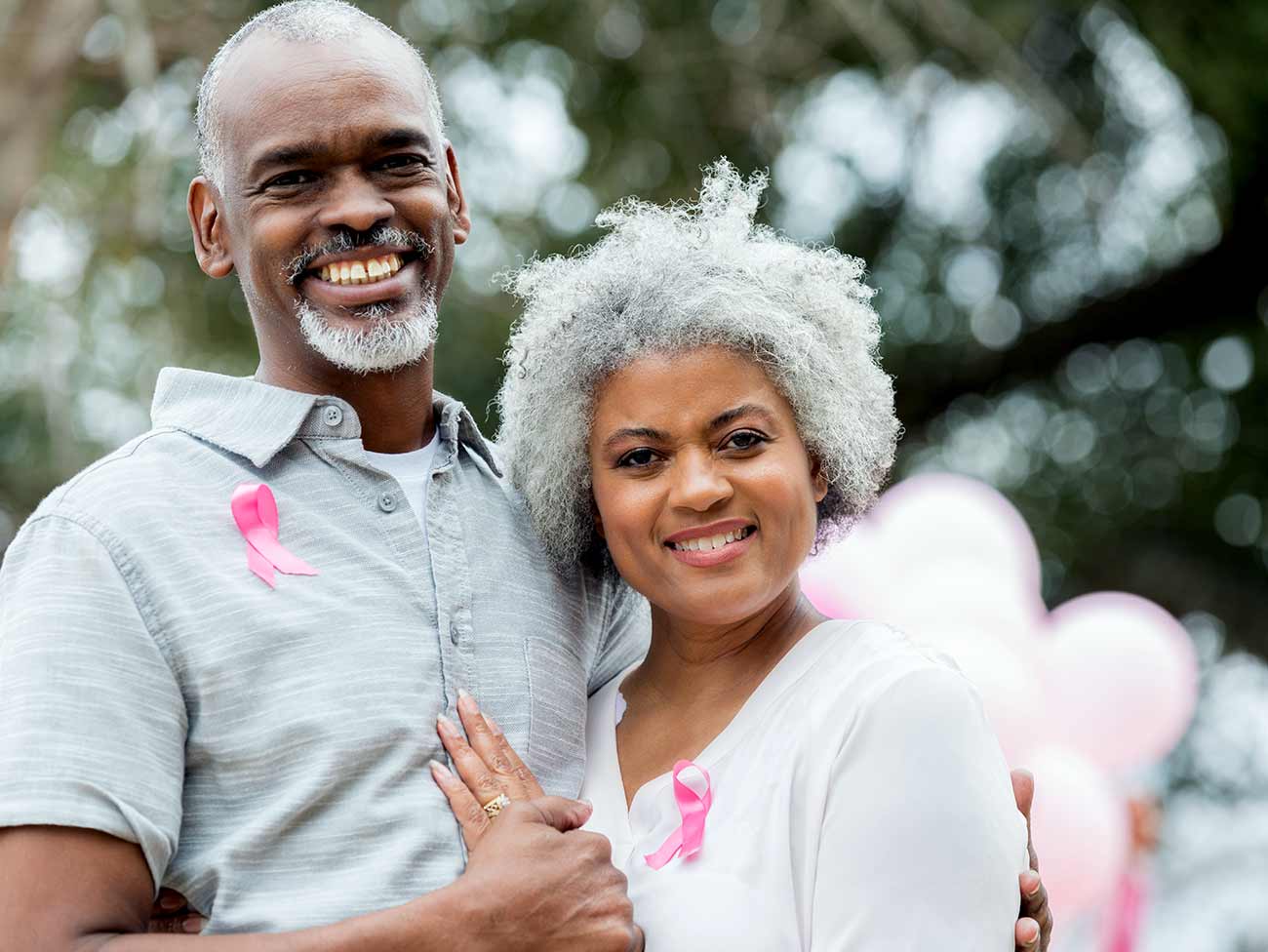Preventing overdoses starts with education
Risk factors are not always associated with addiction or substance abuse. Knowing what they are can help save lives.
By taking certain preventive measures with potentially addictive medications in our homes, we can all help reduce the risk of drug overdoses.
The number of overdose deaths in the United States continues an upward climb. In 2021, the last year for which national data is available, 106,699 people (about the seating capacity of the Los Angeles Memorial Coliseum) in the United States died from drug overdoses, according to the National Institute on Drug Abuse (NIDA). That was more than 5 times the number who died from overdoses 20 years ago.
Know the risk factors
While addiction to and misuse of prescription and illicit drugs are obvious overdose risk factors, accidental overdoses can occur among people without a history of either, said Ingrid A. Binswanger, MD, internal medicine, Kaiser Permanente in Colorado. These factors include:
- Taking high medication doses
- Taking multiple medications
- Using drugs with alcohol
- Using prescribed drugs again after stopping for a while
- Experiencing major life transitions, such as being discharged from inpatient treatment programs or being released from prison
And some things can make it harder to get treatment for substance use problems, like factors experts call social health needs, including economic, housing, and food insecurity; lack of access to health care; and unstable social, neighborhood, and community environments, Dr. Binswanger said.
Recognize the symptoms of addiction
Recognizing the symptoms of addiction in yourself or others — and seeking help — is also key to reducing the risk of overdoses, Dr. Binswanger said. Common signs of dependence or addiction include:
- Taking more medication than needed and for longer periods of time than prescribed
- Not being able to reduce use after trying
- Spending a lot of time thinking about, trying to get, or using a substance
- Needing to use more to achieve desired results
- Experiencing negative impacts on personal relationships
- Experiencing poor performance at school, work, or in other aspects of daily life
- Taking risks such as driving under the influence
- Continuing to use a substance despite developing negative health effects from it
“Anyone who has concerns about substance use for themselves or people they care about should not hesitate to contact their doctor for a consultation — we have medications that can help,” Dr. Binswanger said. “We encourage people who are struggling with substances to seek chemical dependency treatment services even if they haven’t developed a serious problem.”
Help keep others safe
Another key to overdose prevention is keeping opioids and similar drugs in safe, secure places like medication lockboxes so children, friends, family, and even pets can’t get to them. Get rid of old, unused medication. In April and October every year, the Drug Enforcement Administration encourages people to take their medications to collection sites across the country as part of National Drug Prescription Drug Take Back Day. Take-back boxes are also available at most Kaiser Permanente pharmacies.
Dr. Binswanger also recommends that if you know or suspect that someone in your home is using opioids or other drugs, you should keep naloxone or a Narcan kit in your house. Naloxone is a medicine that reverses the effects of an opioid emergency and is available at Kaiser Permanente pharmacies.
It's not just opioids and fentanyl
Synthetic opioids like fentanyl have attracted media coverage recently because they have accounted for more overdose deaths in the United States than any other category of drug since 2016 — and by a growing margin, says NIDA. In 2021, they accounted for more than 60% of fatal overdoses. However, there are several other drugs that account for a significant number of overdose deaths, including:
- Antidepressants
- Prescription opioids (natural and semi-synthetic opioids and methadone)
- Benzodiazepines (often called tranquilizers; taken to reduce tension and anxiety)
- Psychostimulants (primarily methamphetamine)
- Cocaine
- Heroin
More resources
If you’re struggling with alcohol or drugs, get the help you need in a safe, judgment-free environment.
Learn about reducing your risk of opioid overdose and Naloxone Rescue Kits.
-
Social Share
- Share Preventing Overdoses Starts with Education on Pinterest
- Share Preventing Overdoses Starts with Education on LinkedIn
- Share Preventing Overdoses Starts with Education on Twitter
- Share Preventing Overdoses Starts with Education on Facebook
- Print Preventing Overdoses Starts with Education
- Email Preventing Overdoses Starts with Education

May 7, 2025
How to cope with anxiety after childbirth
As a new mother, Cherissa Ong was overwhelmed by stress. A mental health …

April 30, 2025
From fighter to father: How addiction care changed his life
Travis Taylor has substance use disorder and mental health conditions. …

April 28, 2025
When your care team asks what matters to you
A Kaiser Permanente geriatrician shares how our proactive approach to personaliz …

February 26, 2025
Colon cancer: Do you need to be screened?
If you’re age 45 or older, getting checked regularly for colorectal cancer …

January 24, 2025
Is one drink a day OK? Here’s what to consider
NPR
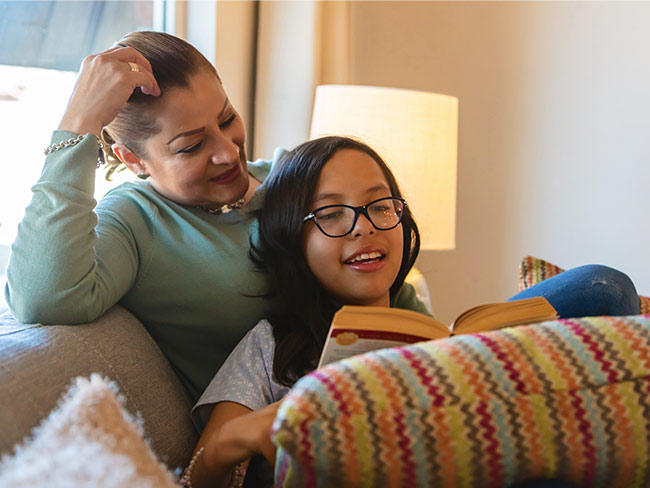
January 13, 2025
How to prevent cervical cancer
Cervical cancer is highly preventable. HPV vaccination and regular screenings …

December 26, 2024
How telehealth can make life easier for people with cancer
Virtual care connects cancer patients like Rob Tufel to a wide range of …
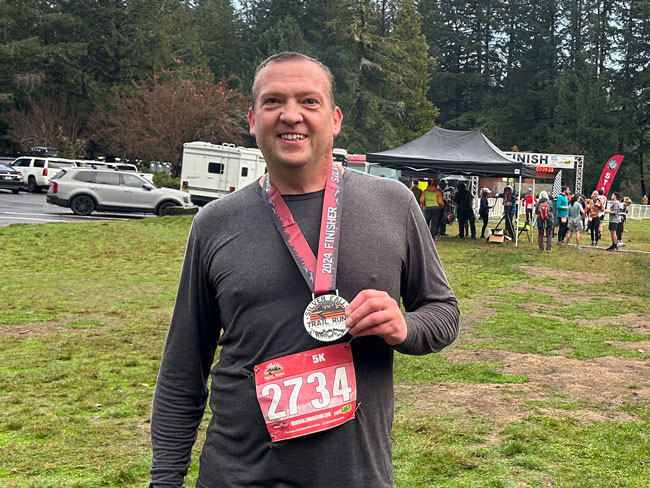
December 19, 2024
From darkness to sobriety and recovery
Once suicidal and on the verge of losing his job, Eric Jeffers has found …
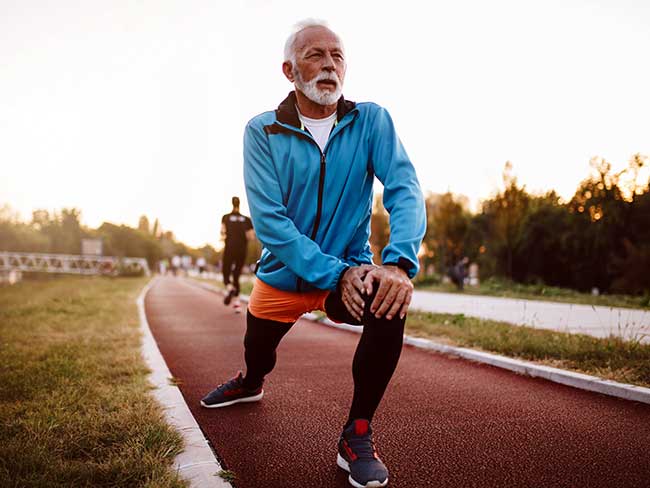
November 22, 2024
Aging with HIV: Research finds increased risk of dementia
Our researchers want to find out why people with HIV have an increased …

November 18, 2024
The power of early detection and proactive men’s health
A father's determination to stay healthy for his 3 children led him to …
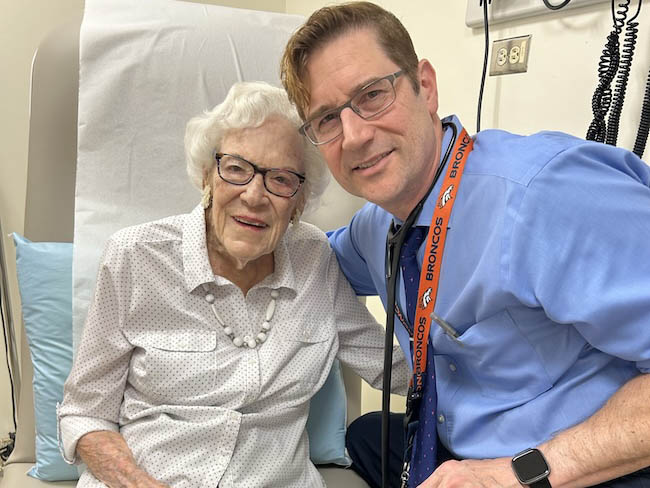
October 15, 2024
107-year-old member credits Kaiser Permanente for longevity
Bettye Garrett’s personal doctor says her healthy perspective on life’s …

October 8, 2024
Exploring your relationship with alcohol
If you're rethinking your habits, here are some questions to keep in mind.

October 1, 2024
Screening for breast cancer: Mammogram guidelines
A Kaiser Permanente radiologist answers commonly asked questions.
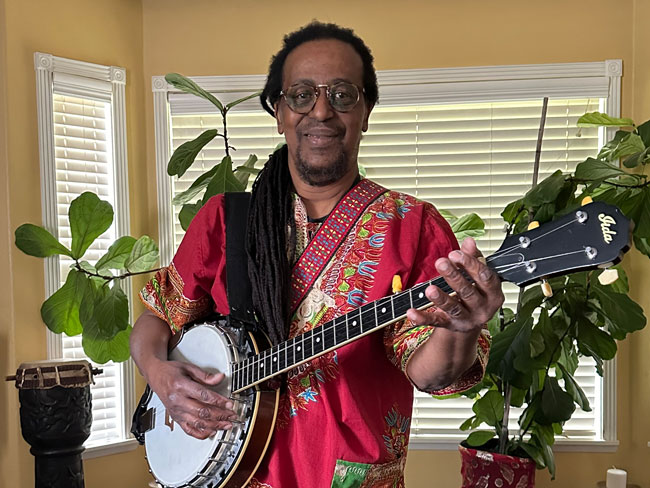
September 17, 2024
Playing on after 2 decades of cancer care
With the support of his health care team and nurse navigator, musician …

September 11, 2024
Buprenorphine saves lives. Why can’t more patients get it?
Policy changes are crucial for better opioid addiction treatment.

August 29, 2024
After Stage 4 ovarian cancer, she’s still going strong
Donna Budway received prompt surgery followed by chemotherapy. She credits …

August 15, 2024
Back home one day after heart surgery
Ed Dalmasso needed an aortic valve replacement. His care team provided …

August 6, 2024
For a father with prostate cancer, knowledge is power
Harold Newman had advanced prostate cancer. Genetic testing helped expand …

July 26, 2024
Collaboration transforms care for older adults
Our partnership with ONEgeneration aims to prevent homelessness and improve …
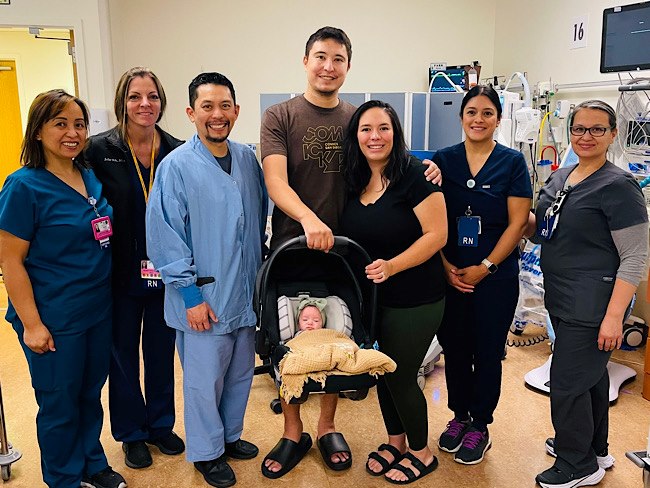
June 17, 2024
That’s a lot of babies!
Delivering multiple babies is difficult, but Kaiser Permanente care teams …

May 21, 2024
Surviving stage 4 lung cancer with immunotherapy treatment
Patients like Carol Pitman are living longer thanks to advances in lung …
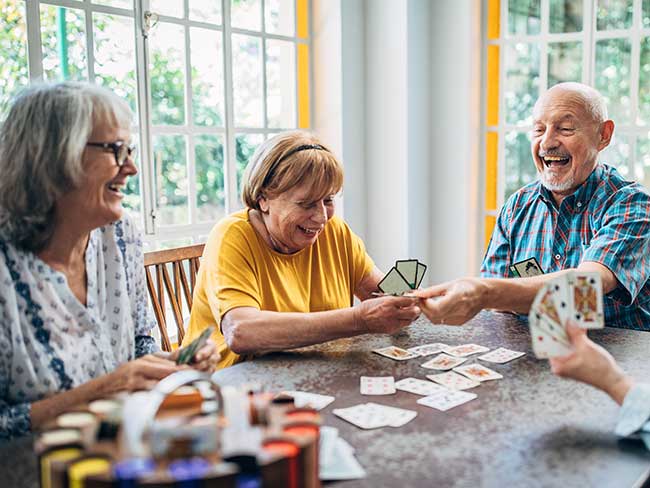
May 14, 2024
Long-term study offers clues for healthy aging
Our researchers are learning about brain health and ways to reduce the …

April 17, 2024
5 common health conditions men don’t like to talk about
Some of the most common conditions affecting men carry a social stigma …
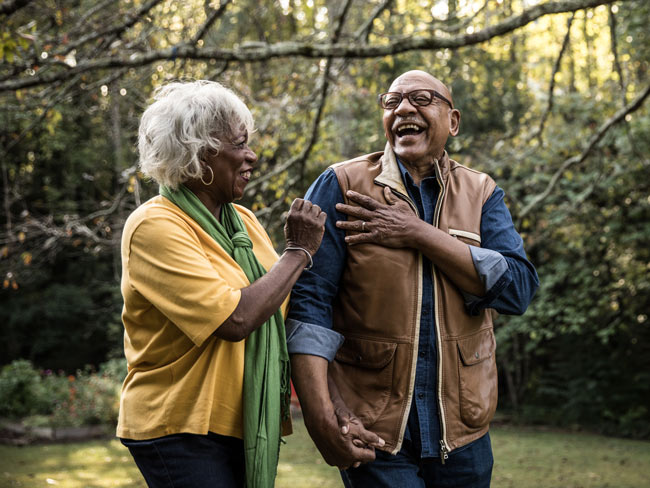
March 29, 2024
Stand up for your health!
Kaiser Permanente researcher Dori Rosenberg shares the importance of being …

March 14, 2024
Midwife offers personal care for mom facing complications
For Sam Beeson, having a midwife at her side during her pregnancy helped …
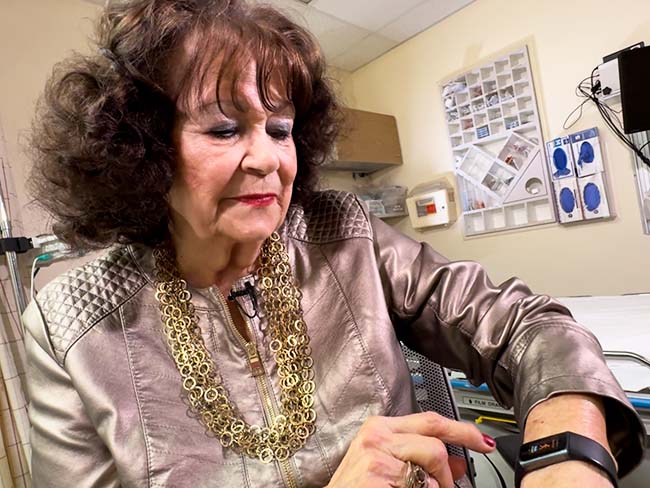
March 12, 2024
In-home recovery restores harmony to life
Colorado musician back with the band thanks to new virtual cardiac rehab …

February 21, 2024
Recovering at home after a double mastectomy
Innovative surgical recovery program helps breast cancer patients safely …

February 12, 2024
Proposition 1 would bolster mental health care in California
Kaiser Permanente supports the ballot measure to expand and improve mental …

February 1, 2024
Take a break from cannabis while expecting, study suggests
Research shows that marijuana use during pregnancy increases health risks …

December 11, 2023
Our health plans earn high ratings
Kaiser Permanente’s commercial and Medicare health plans are rated either …

December 6, 2023
Video prenatal visits are a boon for a busy working mom
A new care option offers a mix of in-person and virtual visits, supported …

November 29, 2023
Tapping into an array of mental health options
Pavan Somusetty, MD, explains how people who need support and guidance …

October 25, 2023
Breast cancer during pregnancy: Caring for mom and baby
A team of specialists treats an expecting mother’s cancer while keeping …

October 23, 2023
A renewed sense of purpose after surviving breast cancer
Joy Short, a Kaiser Permanente member and employee, turned her breast cancer …

September 20, 2023
Healing after a heart attack
For years, serious heart attacks meant hours of weekly appointments. Now, …
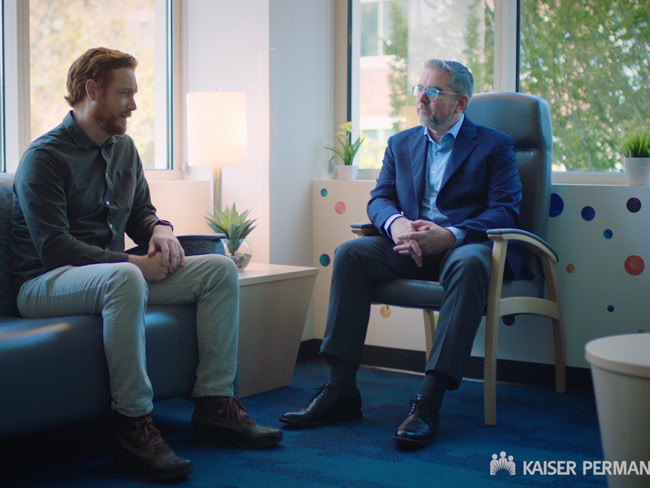
September 6, 2023
Recovery from addiction is possible
Our clinicians help patients get the care they need to move forward with …

August 16, 2023
Cervical cancer screening: Exploring the at-home HPV test
Kaiser Permanente is at the forefront of cervical cancer research. Find …

August 14, 2023
Marla’s story: Surviving acute promyelocytic leukemia
After a diagnosis for a rare type of blood cancer, Marla Marriott got high-quali …
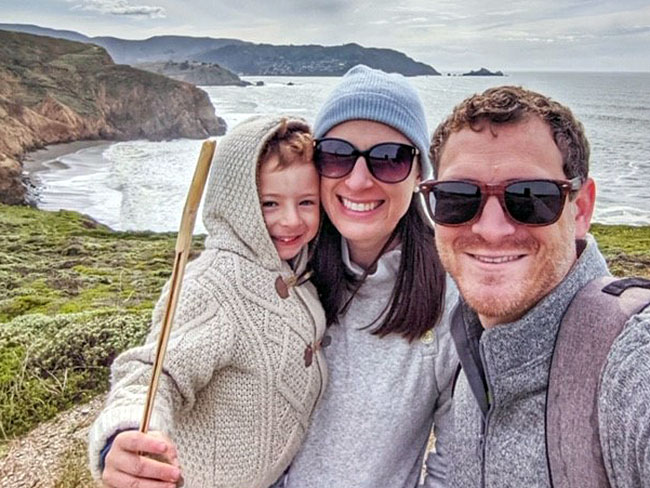
July 27, 2023
Courageously facing hereditary breast cancer
Fay Gordon's breast cancer was caught in the early stages thanks to genetic …
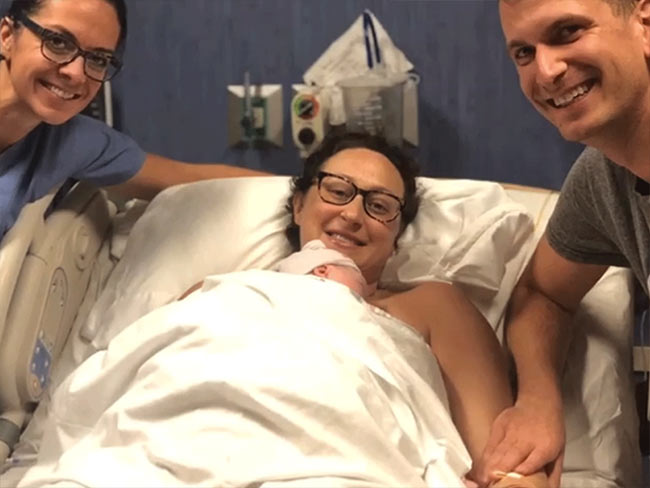
July 26, 2023
Can you get chemotherapy while pregnant?
Chemotherapy can be an option during pregnancy. Find out how Kaiser Permanente …

July 14, 2023
Breast reconstruction surgery after cancer
A Kaiser Permanente plastic surgeon explains breast reconstruction options …

July 11, 2023
We deliver excellence for parents and babies
Our members are more likely to feed their babies breast milk. And they’re …

July 3, 2023
A compassionate approach is saving lives and rebuilding hope
Kaiser Permanente Los Angeles Medical Center’s Bridge Program has become …

June 30, 2023
Men's mental well-being is a priority
Unique challenges and societal pressures can impact men’s emotional well-being.
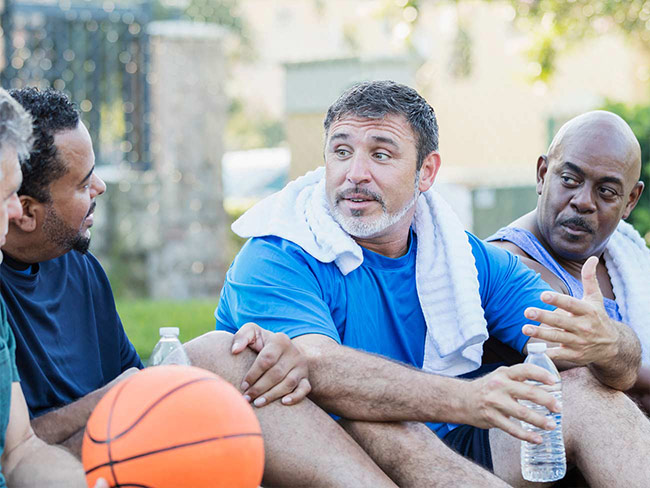
June 30, 2023
Doctors' top tips to manage prostate cancer risk factors
Regardless of your age, race, or family history, you can take steps to …

June 27, 2023
Men: It’s time to prioritize preventive care
It’s important to be proactive about your health by scheduling regular …

June 21, 2023
And that’s why they call postpartum the blues
Take time to adjust to a new baby and lifestyle changes — and reach out …
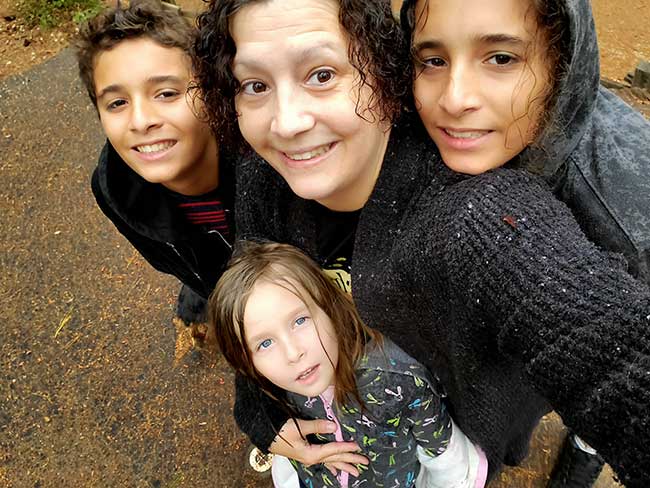
June 14, 2023
Living with stage 4 breast cancer
Thanks to personalized care from a team of skilled doctors, Christina McAmis …

June 9, 2023
Mental health, addiction, and the power of a peer
Shared experience helps young people in Oregon build confidence for their …

May 16, 2023
How we help people access financial literacy skills
Kaiser Permanente is working with community partners to reduce financial …

April 25, 2023
Hannah Peters, MD, provides essential care to ‘Rosies’
When thousands of women industrial workers, often called “Rosies,” joined …

April 14, 2023
The importance of screening for gestational diabetes
Gestational diabetes poses a significant risk to women of color, particularly …

April 12, 2023
Having her ‘rainbow baby’ after a high-risk pregnancy
Remote perinatal monitoring and frequent in-person appointments helped …
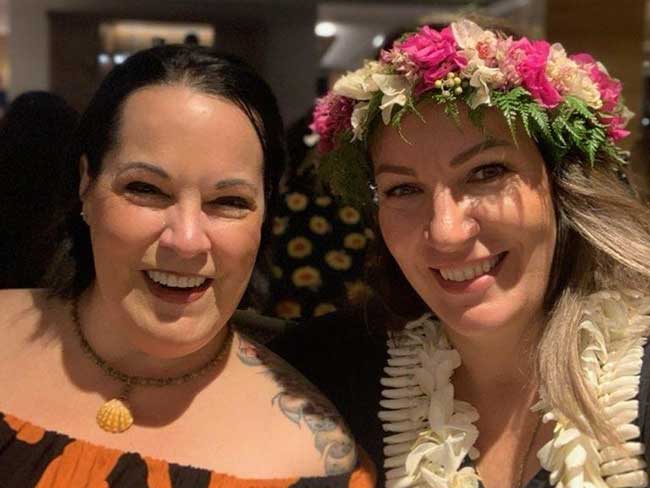
March 24, 2023
Finding hope after a mental health and addiction crisis
Treatment for bipolar disorder and opiate addiction helps a Kaiser Permanente …

March 14, 2023
Colorectal cancer on the rise among younger adults
Learn why early screening is crucial for prevention and treatment.

March 13, 2023
Making waves with our first female sports ambassador
Kaiser Permanente in Southern California partners with San Diego Wave Fútbol …
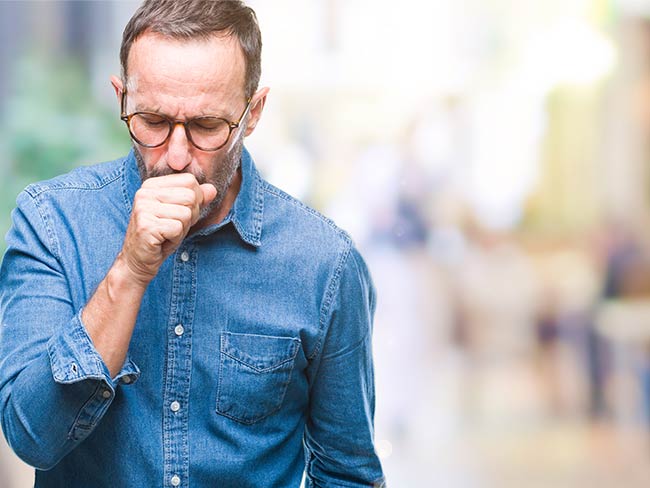
February 28, 2023
What you need to know about COPD
Almost 16 million people in the United States have chronic obstructive …

February 28, 2023
A conversation about pregnancy and women’s heart health
New research shows blood pressure patterns early in pregnancy can identify …

February 24, 2023
Nurturing expectant moms who have substance use disorders
Project Nurture in Portland, Oregon, provides treatment and a path forward …
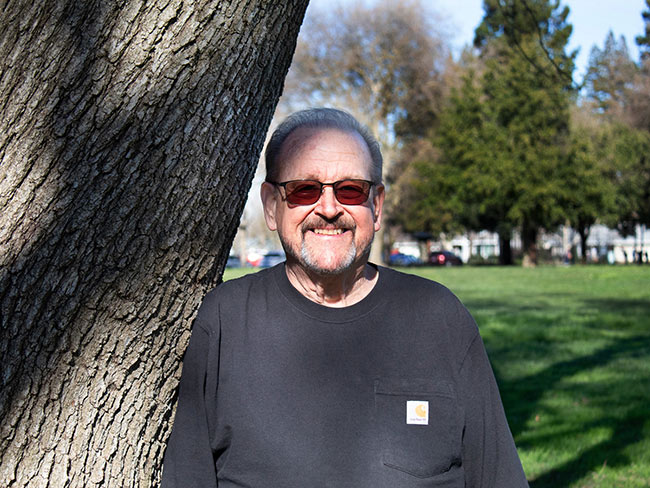
February 15, 2023
A new chapter for male patient with breast cancer
A multidisciplinary care team acted fast to help save the life of a Kaiser …

November 10, 2022
Helping patients with addiction tackle their health needs
Kaiser Permanente research finds that patient intervention is linked to …
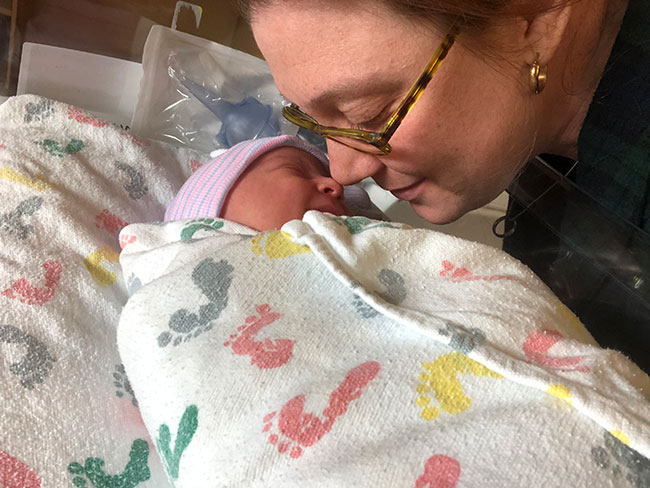
September 27, 2022
Maternity appointments from the comfort of home
New care option offers pregnant patients a mix of in-person and video visits.

August 3, 2022
When breastfeeding is a struggle, you can help
By lending a hand with dinners, diapers, and dishes, you can give loved …
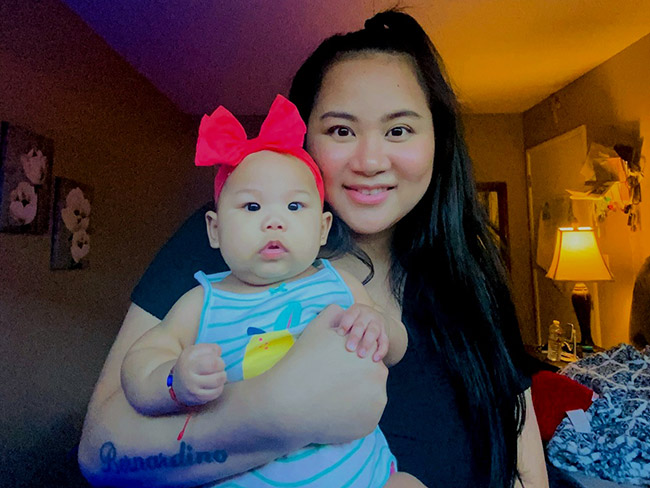
August 3, 2022
Supporting new moms in the postpartum period
By reaching out early and providing care that’s personalized to parents’ …
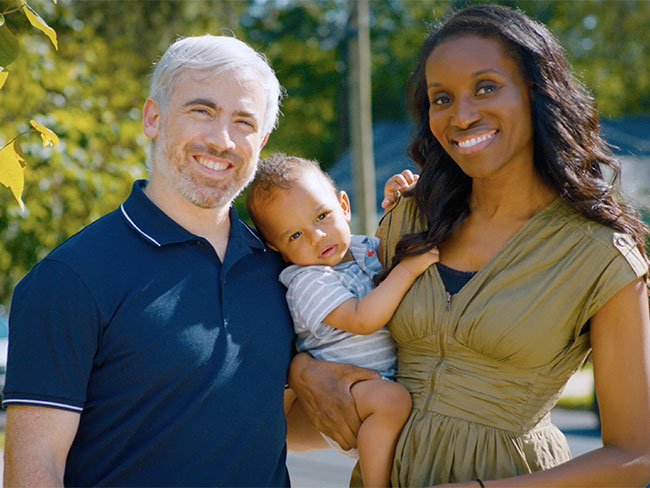
May 12, 2022
Endometriosis and motherhood: Grace’s story
She wanted relief from pain and a healthy baby. Her care team delivered.

May 5, 2022
Research study will inform the future of cancer prevention
Connect for Cancer Prevention Study’s goal to recruit 200,000 participants …

May 3, 2022
One pill can kill: Understanding the risks of fentanyl
As overdose deaths skyrocket, an addiction medicine specialist explains …
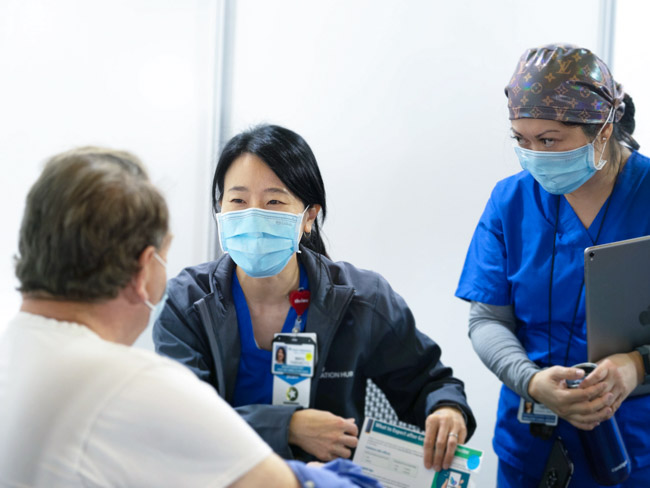
October 26, 2021
Medicare Advantage plan earns top ranking
U.S. News & World Report lists Kaiser Permanente in Hawaii as a 2022 “Best …

October 8, 2020
Medicare plans rated among the nation’s best
Kaiser Permanente’s Medicare health plans in all our markets are consistently …
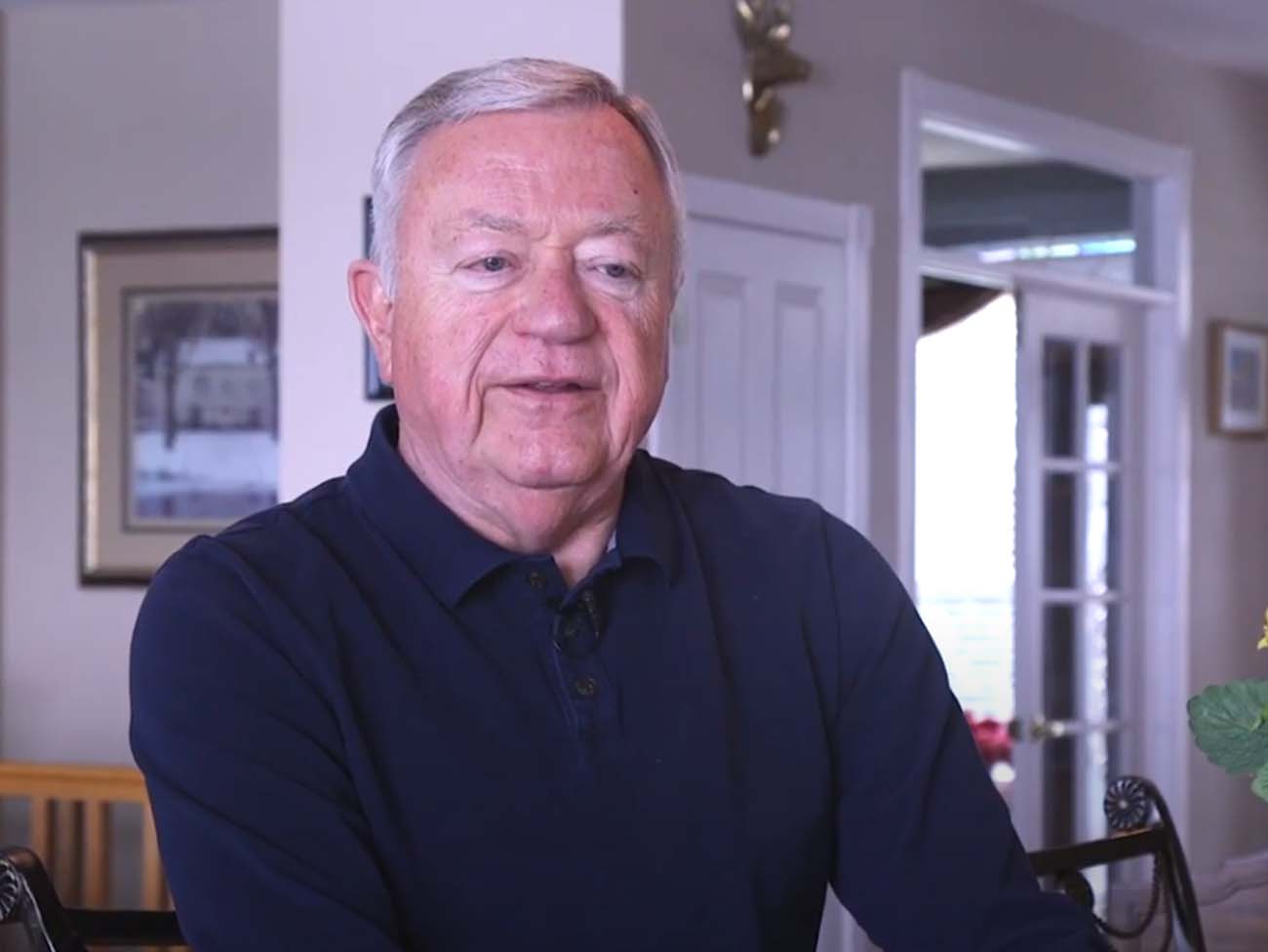
July 21, 2020
Diagnostic and preventive care is in our DNA
A routine screening helped detect Bill Walsh’s cancer before it became …

January 21, 2020
Destination health: Stopping cancer before it starts
Kaiser Permanente is creating more healthy life years with a combined focus …
